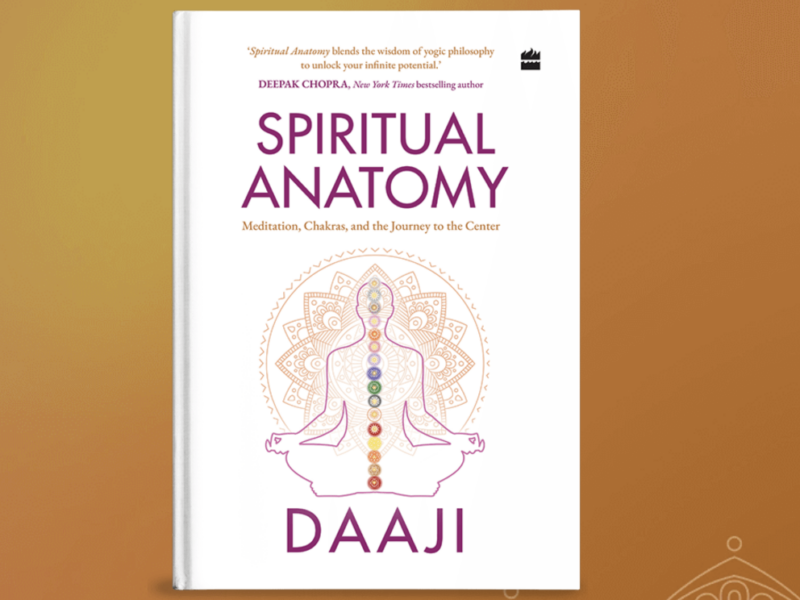Searching for a meaningful mantra to use in your practice? Here are four powerful pieces to get you started.
1. The mantra: Om
Pronunciation: a-u-m
Translation: The primordial sacred sound
Why chant it: Om is said to be the first sound heard at the creation of the universe. When each syllable is pronounced fully, you should feel the energy of the sound lifting from your pelvic floor all the way up through the crown of your head.
2. The mantra: Om śāntih śāntih śāntih
Pronunciation: a-u-m shanti hee shanti hee shanti hee
Translation: Peace peace peace
Why chant it: Because we could all use more peace in our lives.
3. The mantra: Gāyatrī mantra
Om bhūr bhuvah svah | tat savitur varenyam | bhargo devasya dhīmahi | dhiyo yo nah pracodayāt
Pronunciation: A-u-m bhoor bhoo-va-ha sva-ha | tut sa-vi-toor va-rain-yum | bhar-go day-vas-yah dhee-muh-hee | dhi-yo yo na-ha pra-cho-duh-yat
Translation: Earth, heaven, and all between. The excellent divine power of the sun. May we contemplate the radiance of that God. May this inspire our understanding.
Why chant it: It’s one of the oldest Sanskrit mantras and very sacred in the Hindu tradition. It invokes the light of the sun and helps us to transcend suffering. It should only be chanted at dawn, noon, and sunset.
4. The mantra: Invocation to Ganeśa
Om gam ganapataye namah | vakra-tunda mahā-kāya sūrya-koti-samaprabha | nirvighnam kuru me deva sarva-kāryesu sarva-dā
Pronunciation: A-u-m gam ga-na-pat-ta-yay
na-ma-ha | vak-ra ton-da ma-ha ka-ya soor-ya
ko-tee sa-ma pra-bha | nir-vig-nam koo-roo may day-va sar-va car-yay-shu sar-va da
Translation: Ganeśha, god with a curved trunk, of great stature, whose brilliance is equal to ten million suns. Grant me freedom from obstacles, in all things, at all times.
Why chant it: Ganeśha is the god of wisdom and success and the remover of obstacles. It is always a good idea to begin any new endeavor by invoking him.
Translation by Zoë Slatoff, author of Yogāvatāranam: The Translation of Yoga







